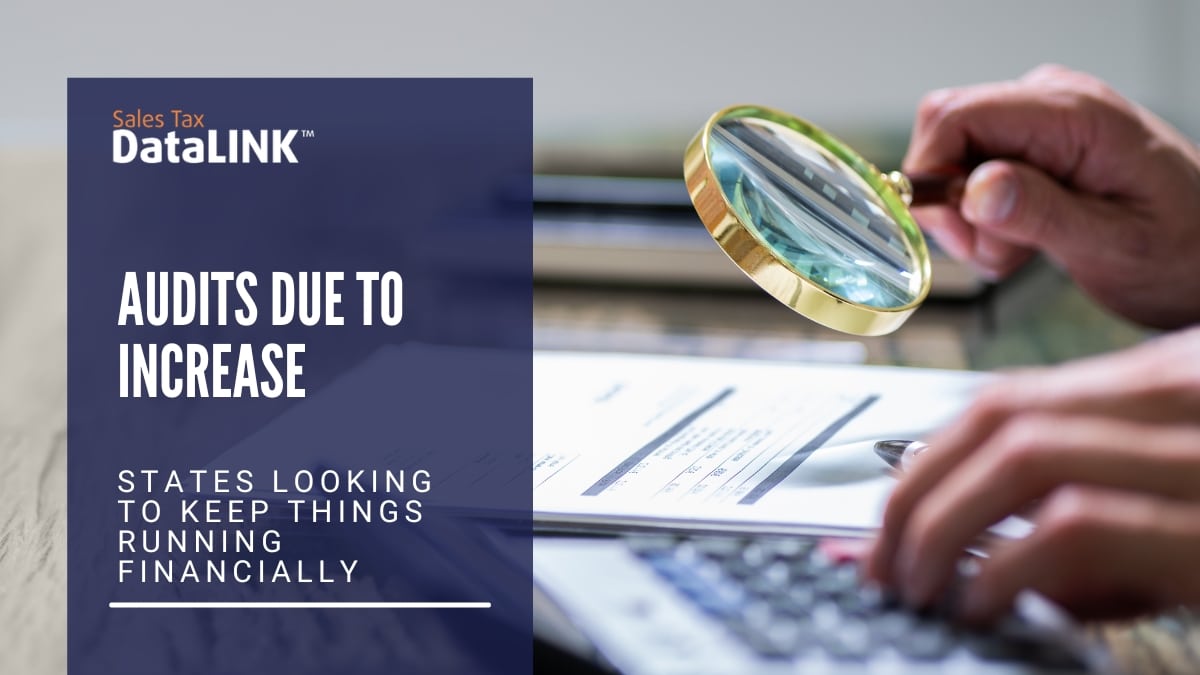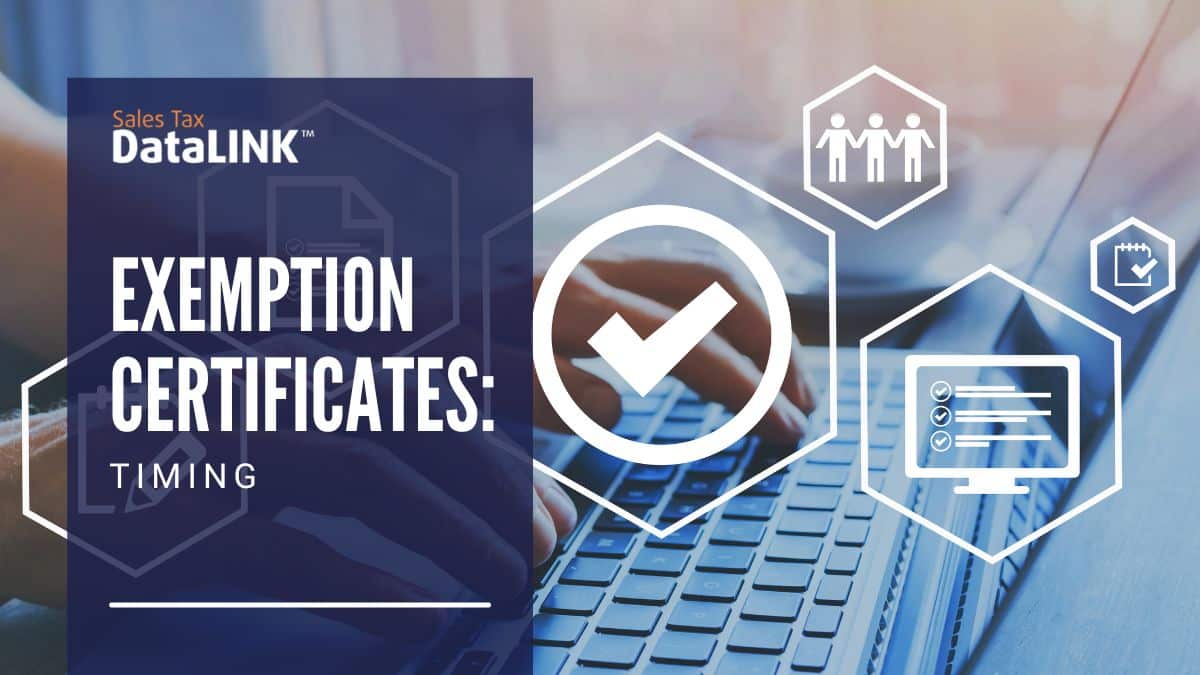States are feeling the pinch with revenue issues and they may not get the funds from online commerce that they’re hoping for. It’s likely that many states are going to find other solutions to get the money they need to run. While there’s “Is the Marketplace Fairness Act Dead in Committee?” legislation in the works, it’s still uncertain what will happen and how it’ll affect businesses and states’ coffers. Raising sales tax rates may lead citizens to shop more online, losing states even more revenue. So what is a state to do? Audit.
The only tool states have other than increasing sales tax rates is to audit and squeeze businesses for every sales tax penny possible. While it’s often “Is 100% Sales Tax Compliance Possible?” impossible for businesses to be 100% compliant without exorbitant expenses, that’s not the states’ problem. Their motivation is to keep running financially and do the job they’ve been appointed to do by citizens. It doesn’t mean that states are out to get businesses — just that they’re looking for ways to cope with financial pressures. Avoiding audits in the future is going to be more and more difficult, especially for large multi-state companies.
California has, for quite some time, published a list of the top delinquent businesses for sales tax in an effort to get those businesses to pay up for sales tax errors. While some of these liens go back well into the 1990s, any lien on your company can be hugely detrimental to your business’s ability to continue to do business. So what are you supposed to do as a business owner to prevent being targeted by states with audits? Do everything you can afford to do to be as close to 100% compliant as possible. Make sure that your tax department is filing on time and verifying your sales tax returns to ensure there are minimal errors. Don’t cut corners on sales tax filing, do what you’re supposed to, and be prepared in case of an audit. While audits are likely to increase, taking the time to make sure it’s right the first time will save you trouble later.




